Google Glass
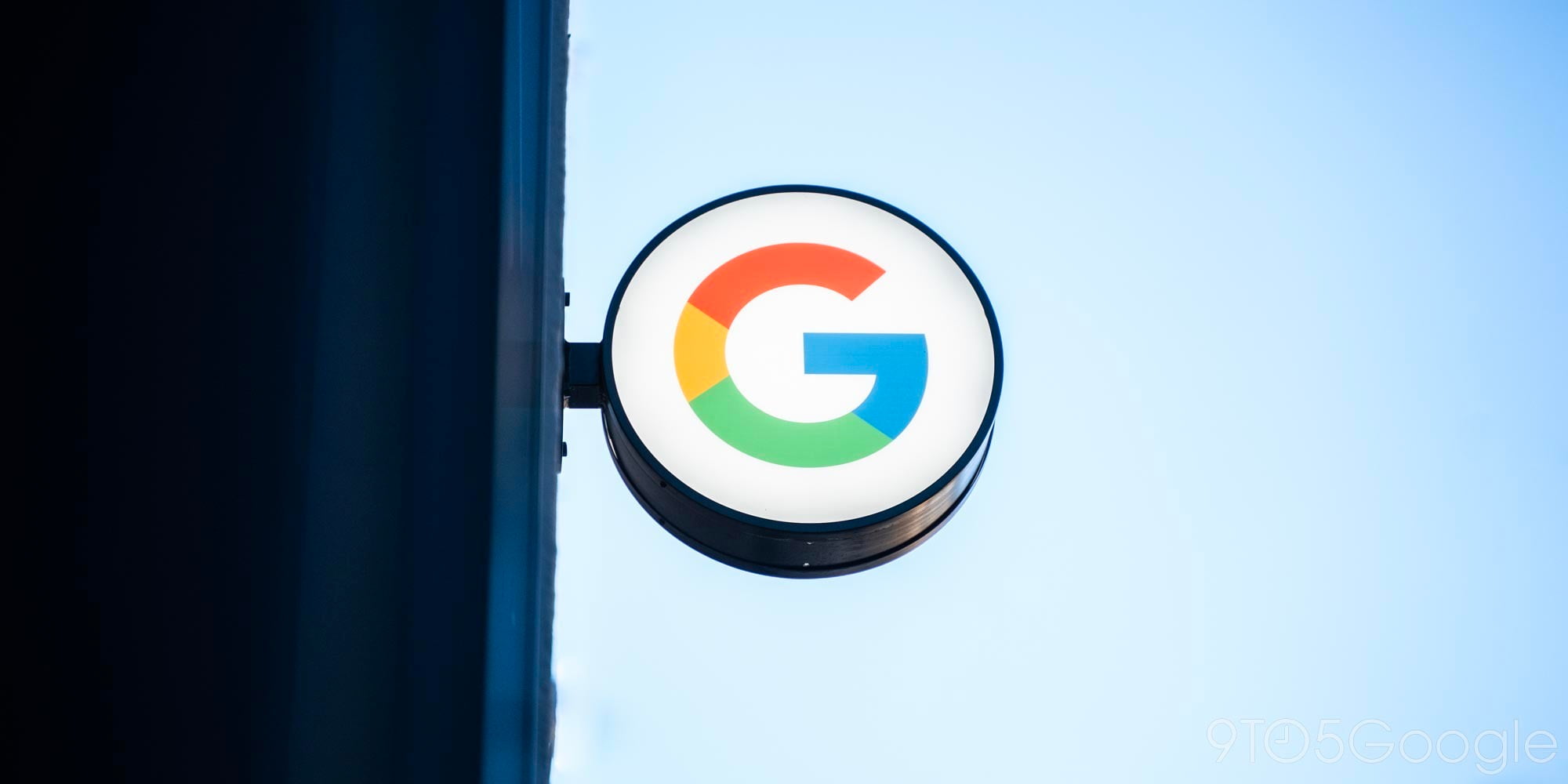
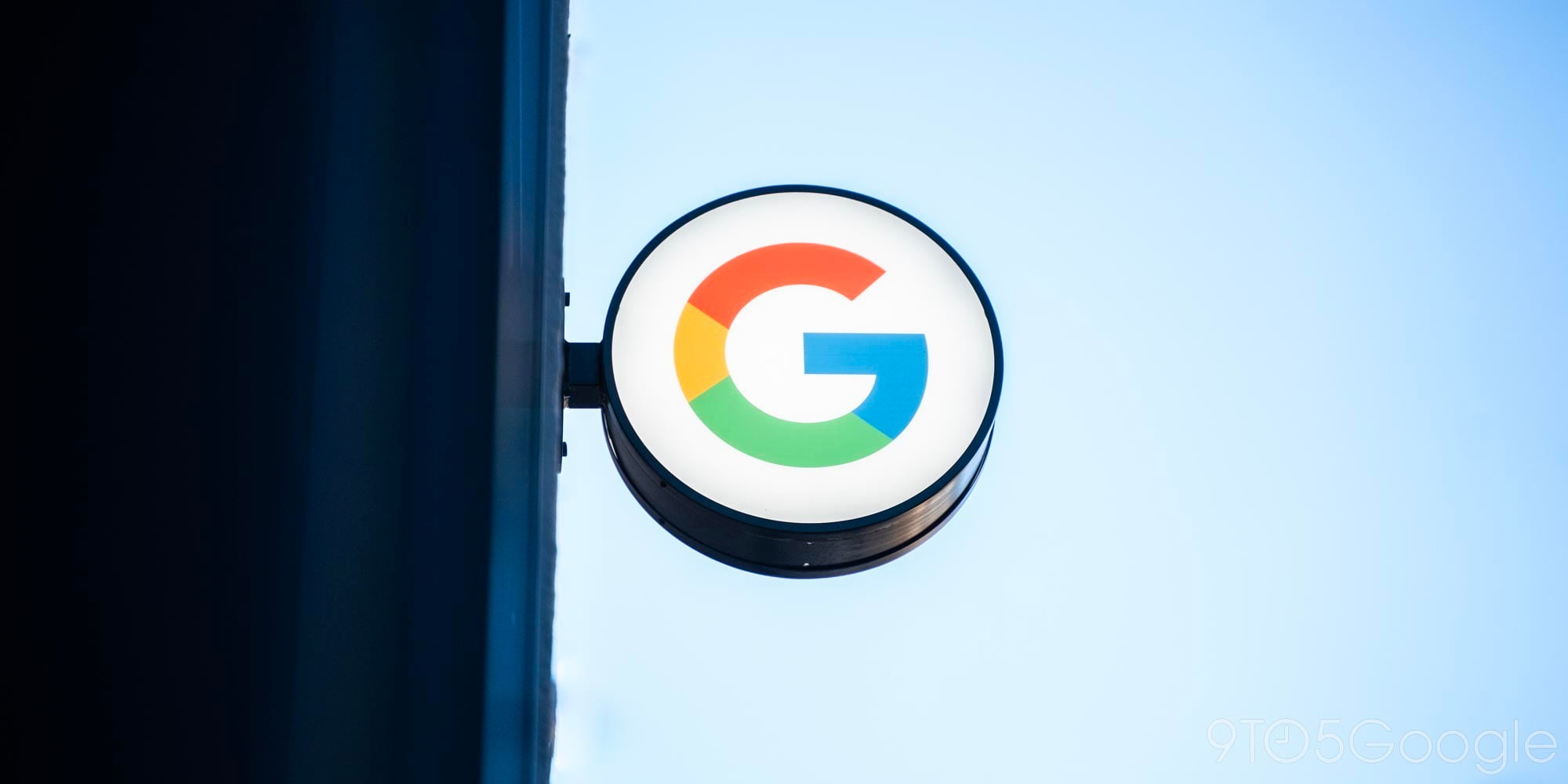

CrowdOptic is one of the most well-established of the 10 current Glass for Work parters, and now the company is in acquisition talks. According to people familiar with the matter, the company has been in advanced discussions with a Fortune 500 firm that intends to build software applications for the upcoming iteration of enterprise-focused Google Glass hardware…
Expand
Expanding
Close
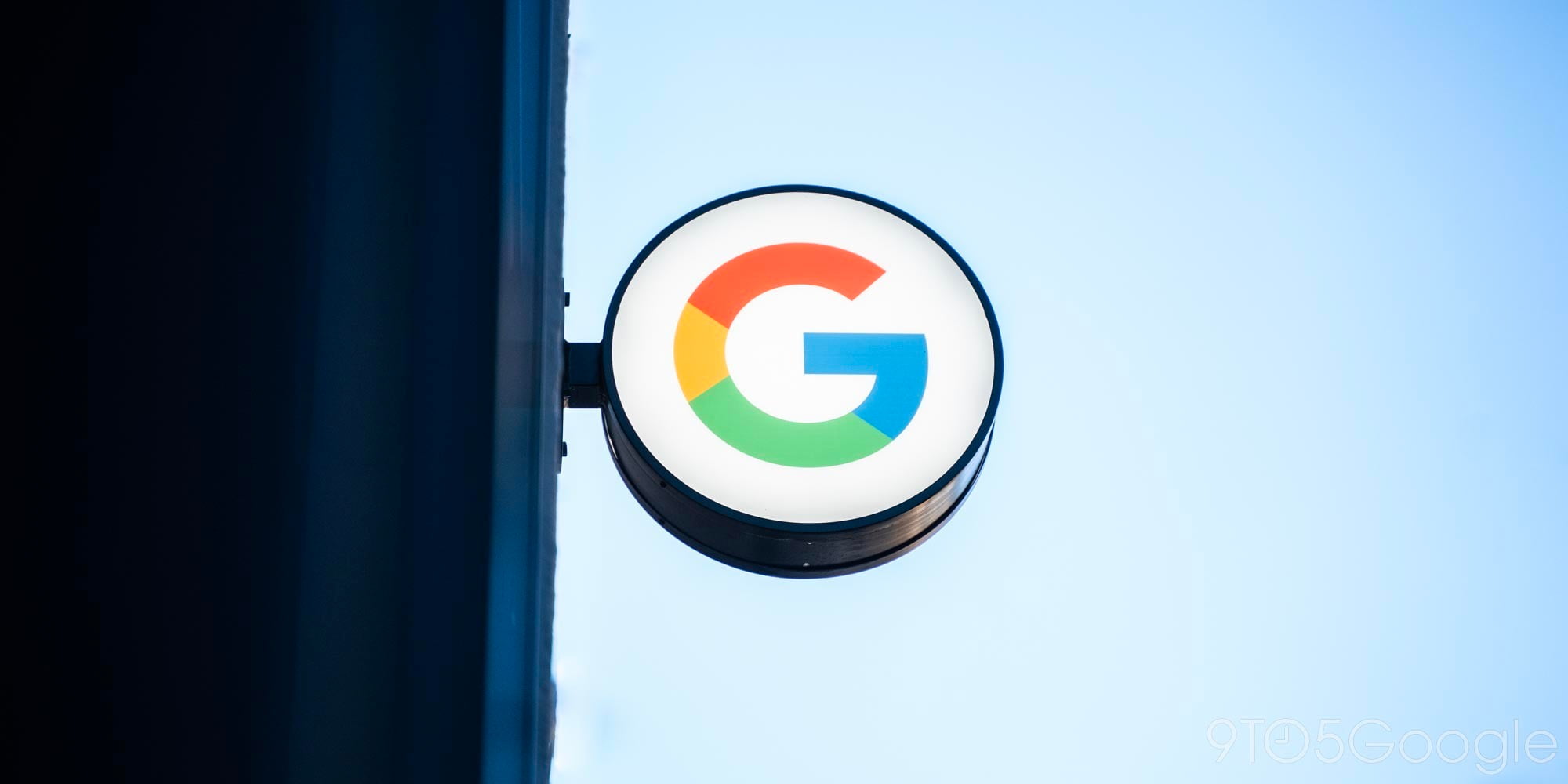

We told you yesterday about a new device that passed through the FCC—codenamed GG1—and many have speculated that it’s the next generation of the Google Glass hardware. While it’s often suggested that the device is soon going to get some iterative Explorer Edition overhaul and see its first official consumer launch, it’s much more probable that Google is first going to push this hardware toward the one place it has seen success: the enterprise market.
As we reported earlier this year, there are many different prototypes of a future Glass hardware revision being tested within some Glass for Work startups. We’ve come to learn from people familiar with the matter that the next hardware is being referred to by Google internally as “Enterprise Edition” or “Google Glass EE” (If you remember, Explorer Edition was referred to as “Google Glass XE”)…
Expand
Expanding
Close


A mysterious Google device appears to have passed through the FCC yesterday. First noticed by Droid-Life, the product was filed under the FCC ID A4R-GG1 and the filing is incredibly vague when it comes to specific features of the device. While it could be the new Chromecast that is reportedly coming later this year, many of the hints throughout the filling lend credibility the potential of it being a new version of Google Glass.
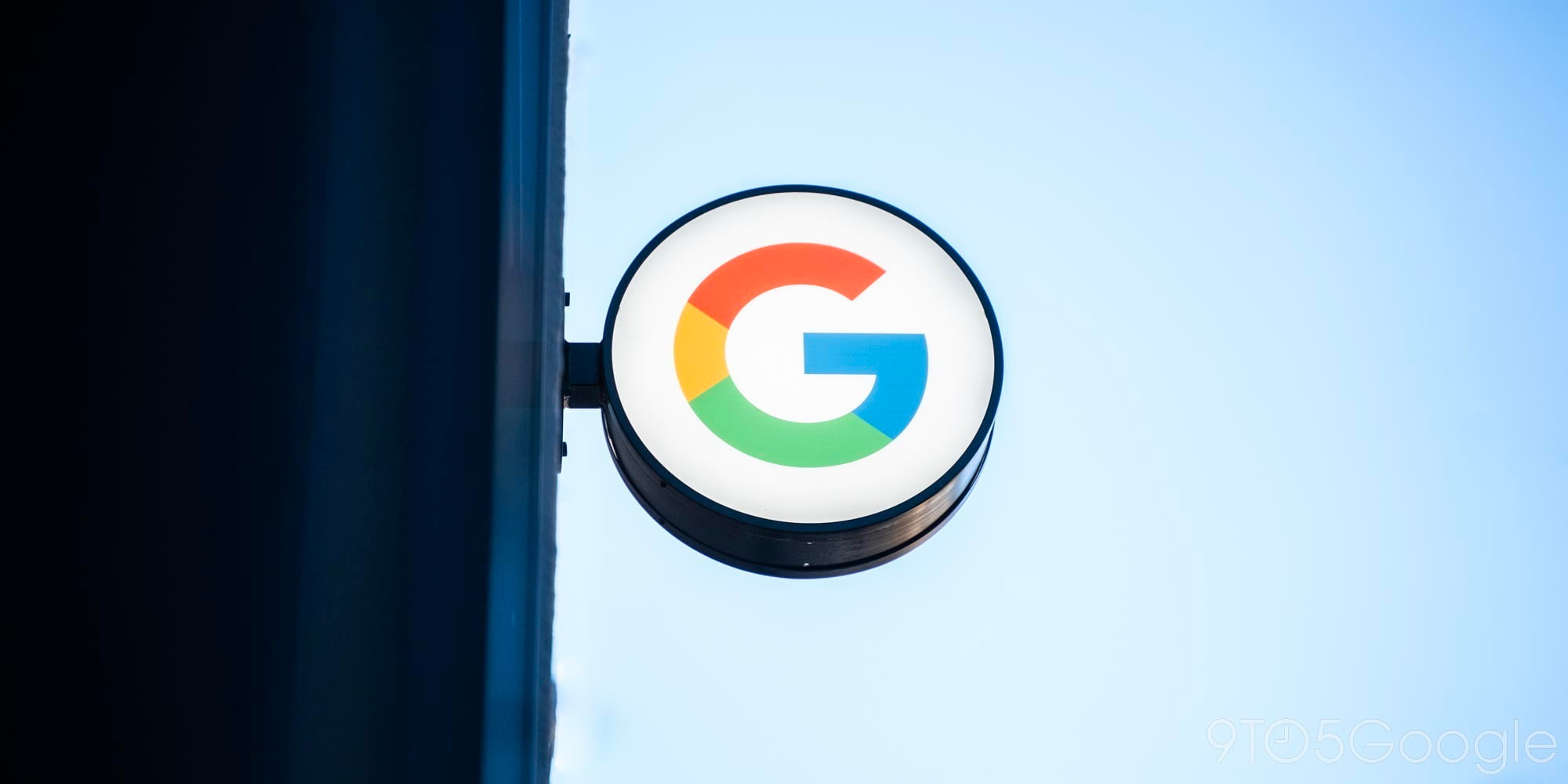

Tony Fadell, founder of Nest and current head of Google Glass, presented in March at TED2015 to share his thoughts and experience designing for Apple, Nest, and now Google. A few months after he first gave the talk, it has now been uploaded to YouTube and is open and viewable by everyone…
He doesn’t spend any time talking about Glass, unsurprisingly, but he does talk about now Google-owned Nest. He spends several minutes talking about how to notice things around you—things that have become daily pains—that have may be victim of habituation and worth finding a solution for.
It’s interesting and worth a watch:
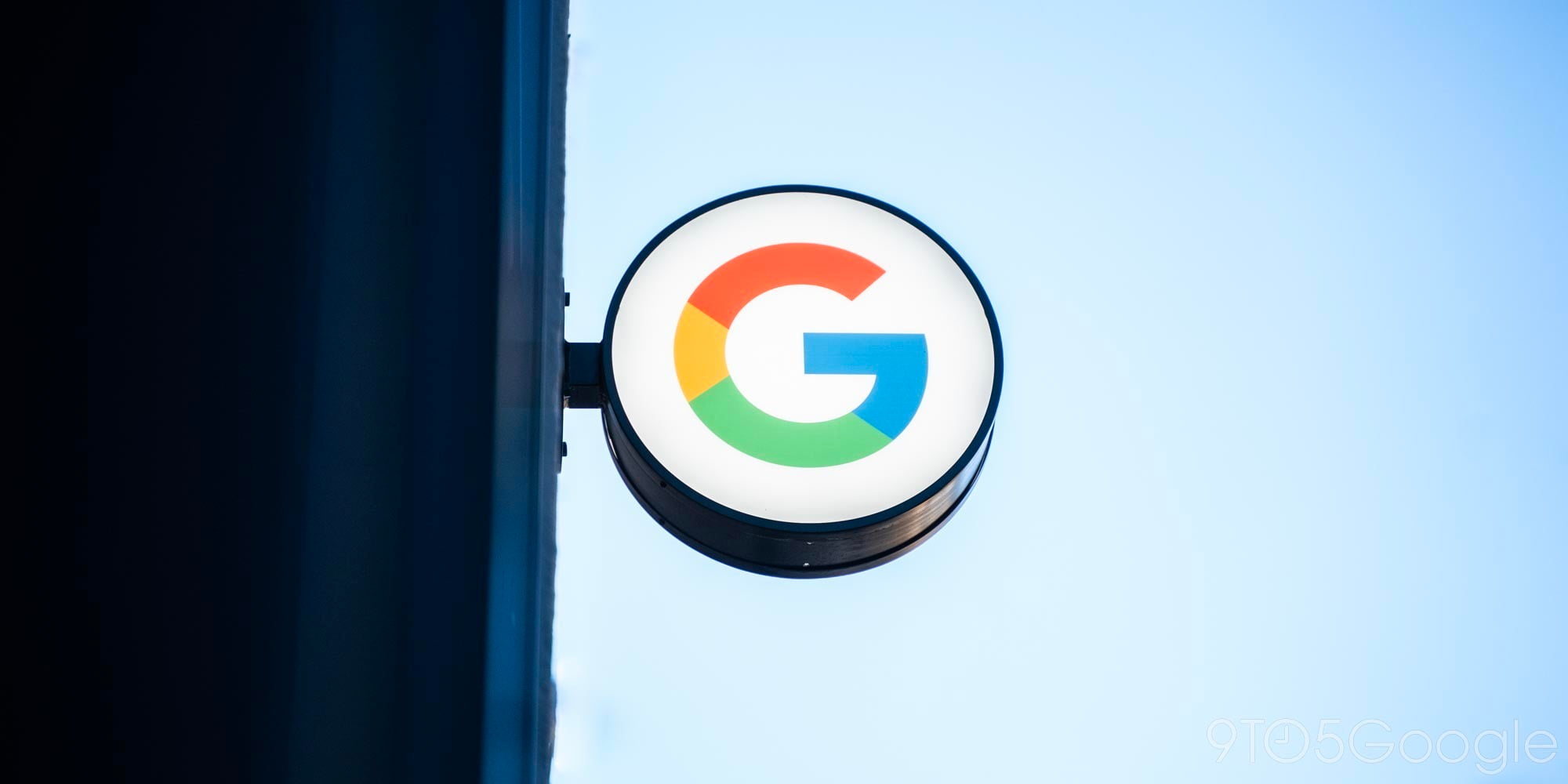

According to a report this morning from The Wall Street Journal, Italian eyewear giant Luxottica is moving forward with work in partnership with Google on the next generation of Glass. The next version is “in the works,” and will be “out soon,” according Statements from Luxottica CEO Massimo Vian on Friday.
Expand
Expanding
Close
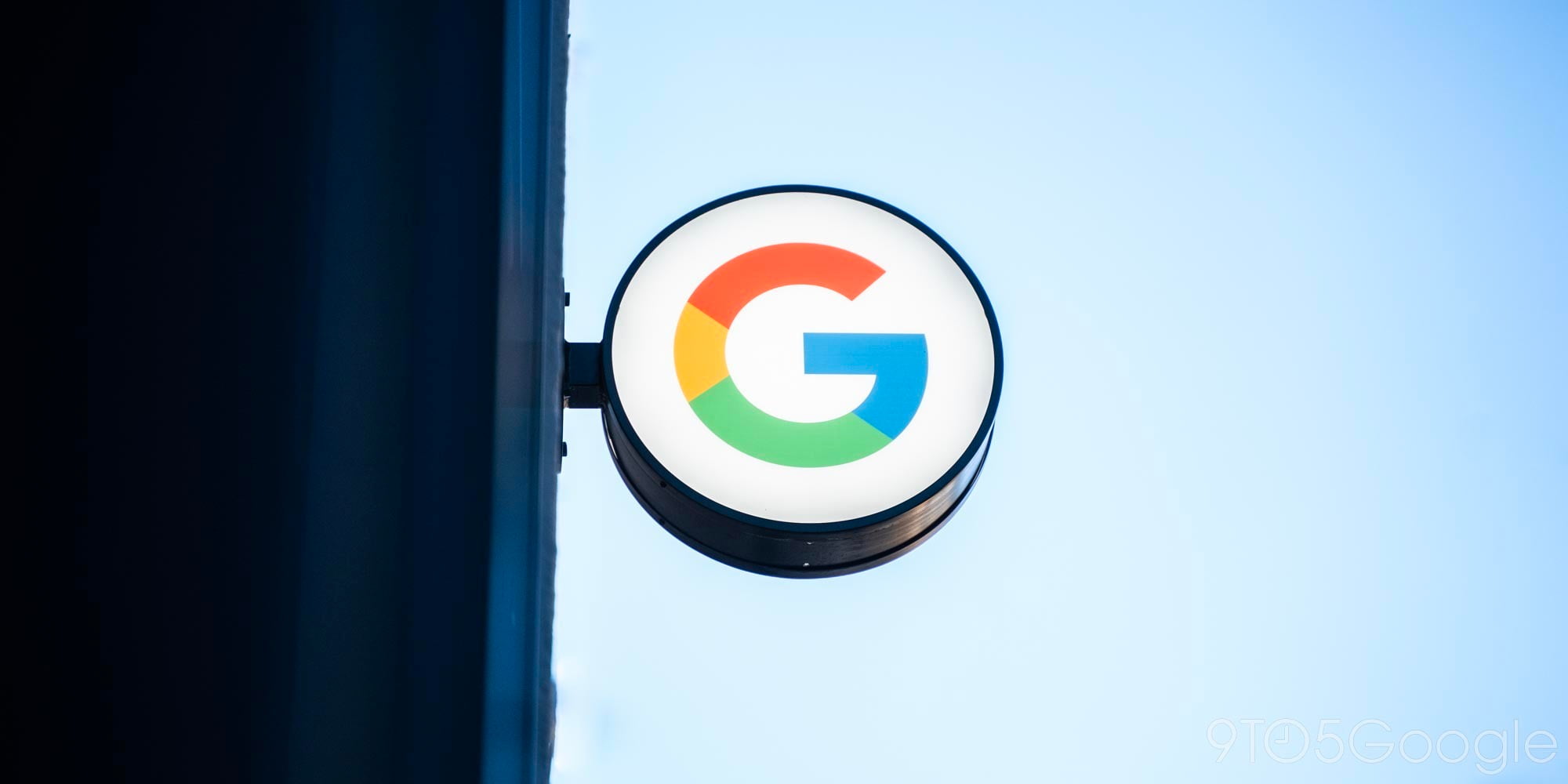

Google is hard at work designing the next hardware iteration of Glass, but not many details have surfaced regarding what the next generation be capable of nor what it will look like. Patents are definitely not the most reliable source of “leaks,” but sometimes they can give us a good overarching idea of the direction a company might be headed. A new patent published recently gives us yet another peek at what the next Google Glass might look like, and this looks more believable than anything we’ve seen up to this point…
Expand
Expanding
Close
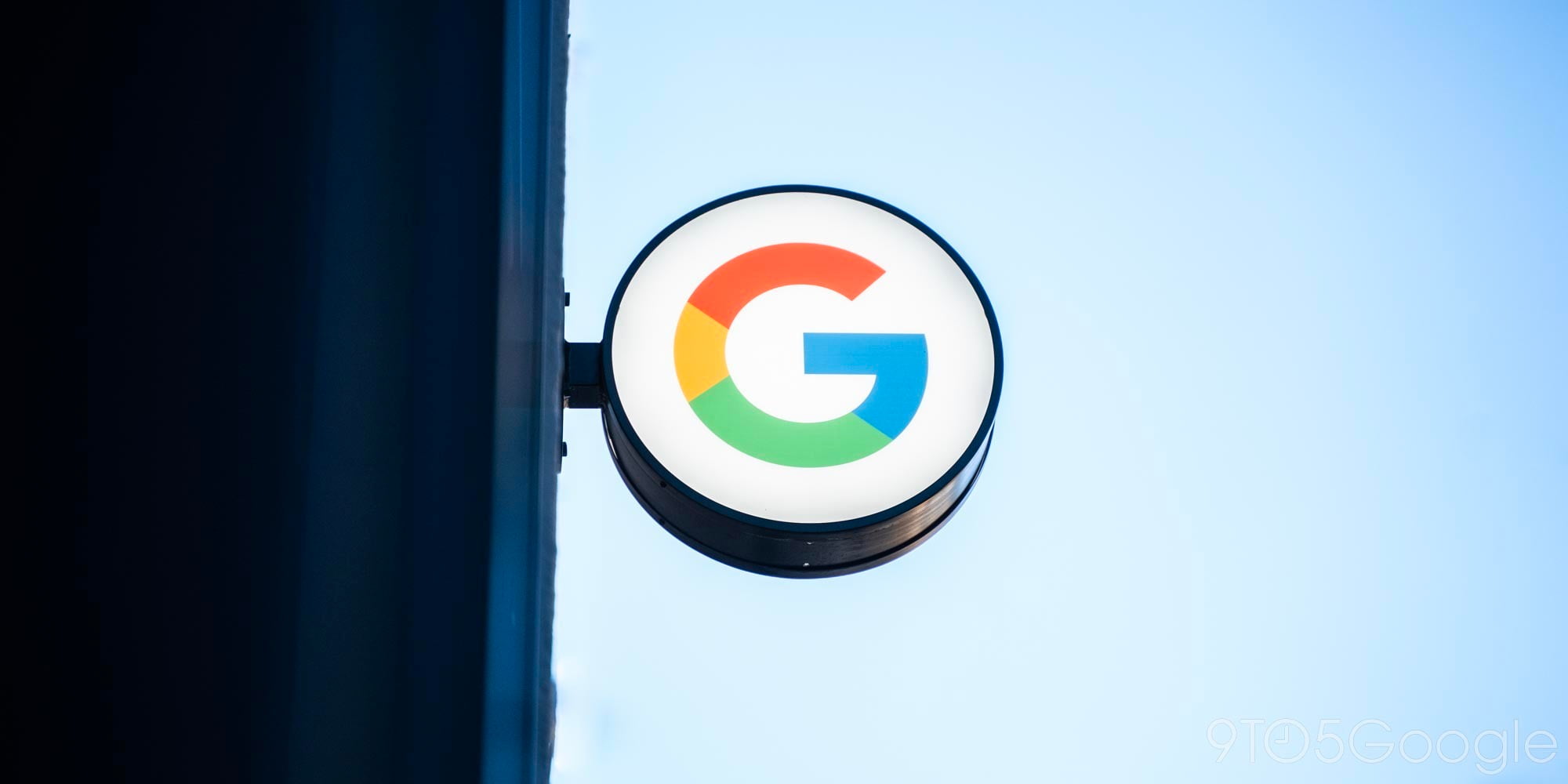

The next iteration of Google Glass is already in the works, but not much information has surfaced thus far about what the device’s hardware will be like. Google has given much of its focus and attention to the Glass at Work program over the last couple of years, and it’s no secret that specific work applications have been where the device has found its best use cases, but what will that mean for the direction that Google takes with the device’s hardware in the future?
A newly-published patent might give us an idea, and it might involve a new way to get information from the wearable display device based on where you’re looking.
Expand
Expanding
Close


According to a report today out of the Wall Street Journal, there’s a small team now working on battery tech within Google[x]—and it’s being spearheaded by former Apple battery expert Dr. Ramesh Bhardwaj. The group was originally started in 2012 with an intention of researching how other companies’ tech could be integrated into Google’s products, but “people familiar with the matter” say that the four person group has expanded to research technology that Google might “develop itself.”
Expand
Expanding
Close
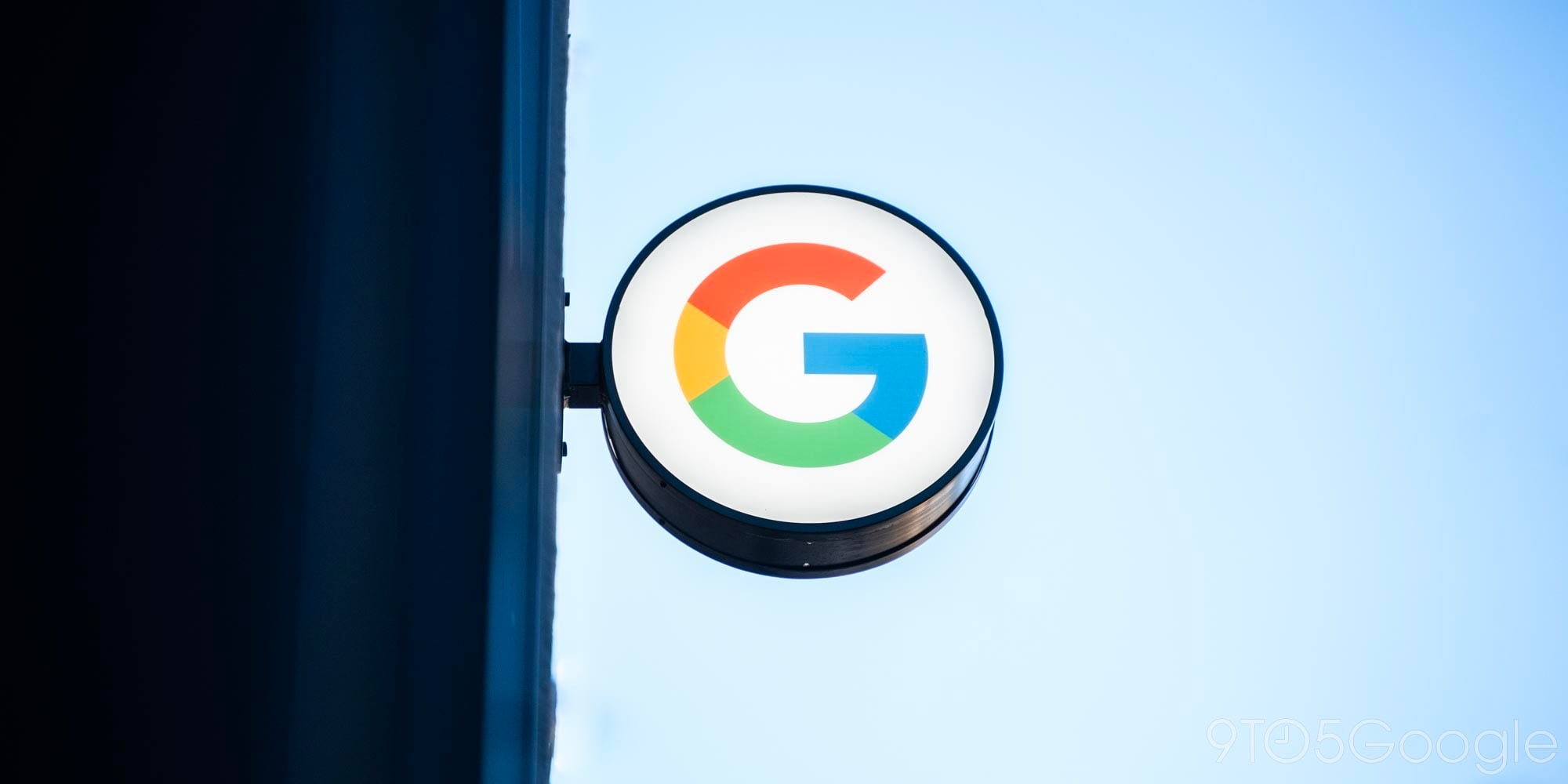

The Google Glass Explorer program ended somewhat abruptly in January, and this didn’t come as much surprise to the Glass-bashing media nor those who tried the device for their own consumer use. In these situations, where Glass was a privacy nightmare and an underpowered gadget, the head-mounted wearable display would appear to be a failed piece of consumer technology (and Google’s Astro Teller believes that allowing this mindset to spread was one of the project’s biggest failures).
And it’s true. The first-generation of Google Glass might not really bring much value to the daily lives of most people, and it’s definitely not close to being socially acceptable quite yet. But many companies and organizations that adopted the experimental $1,500 spectacles for specific use cases weren’t so quick to dismiss the device. In fact, there are many groups—even now, after the Explorer program has ended—who are still doing some exciting things with it.
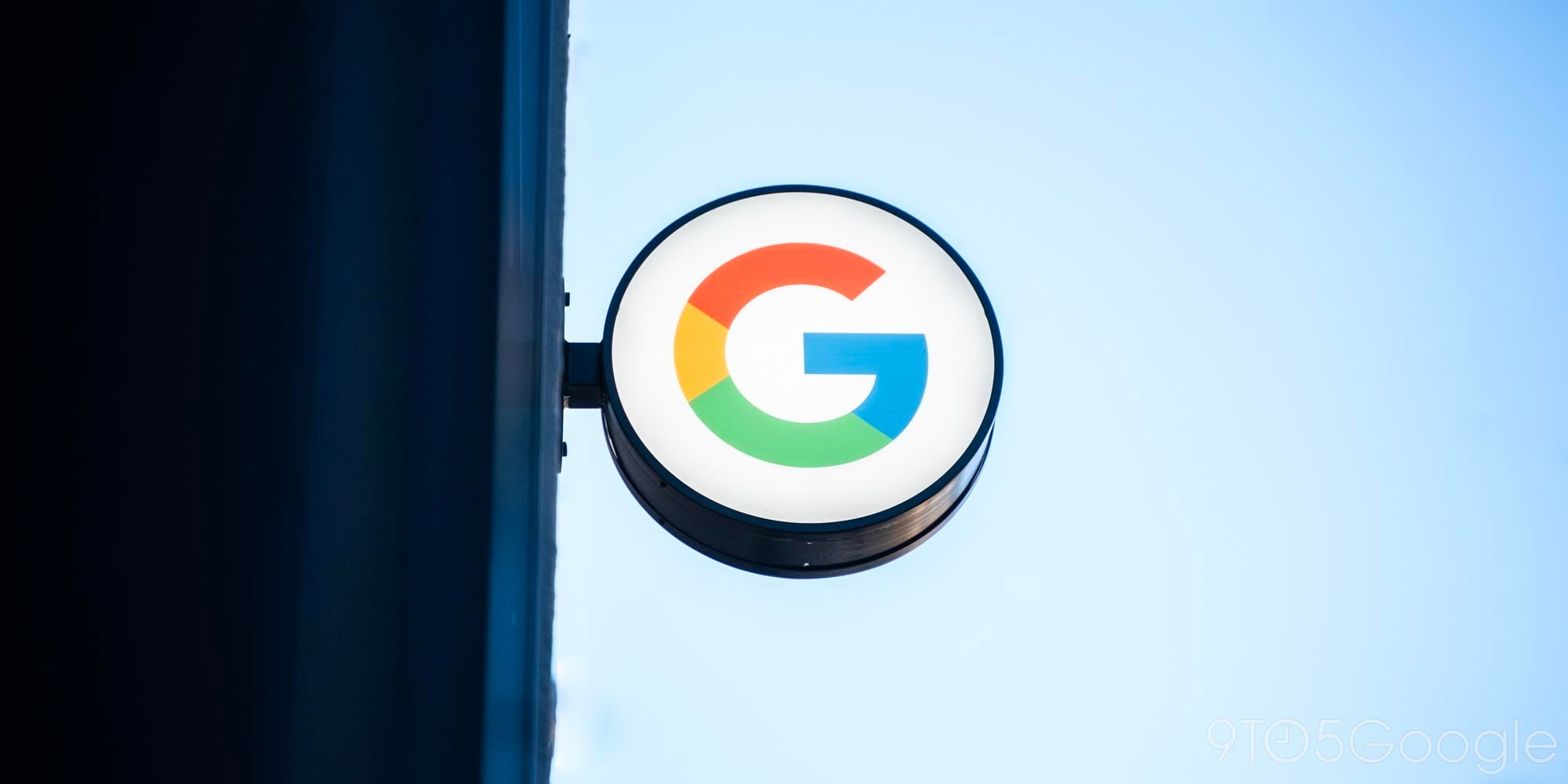

If you’ve been following the facts behind the situation with Glass, you know that the project is not seen as even close to being dead within the Mountain View company. Despite the Explorer Program being shut down earlier this year, Google clearly sees potential in the platform. And according to comments recently made by Google’s Eric Schmidt, Glass is just far too important to scrap…
Expand
Expanding
Close
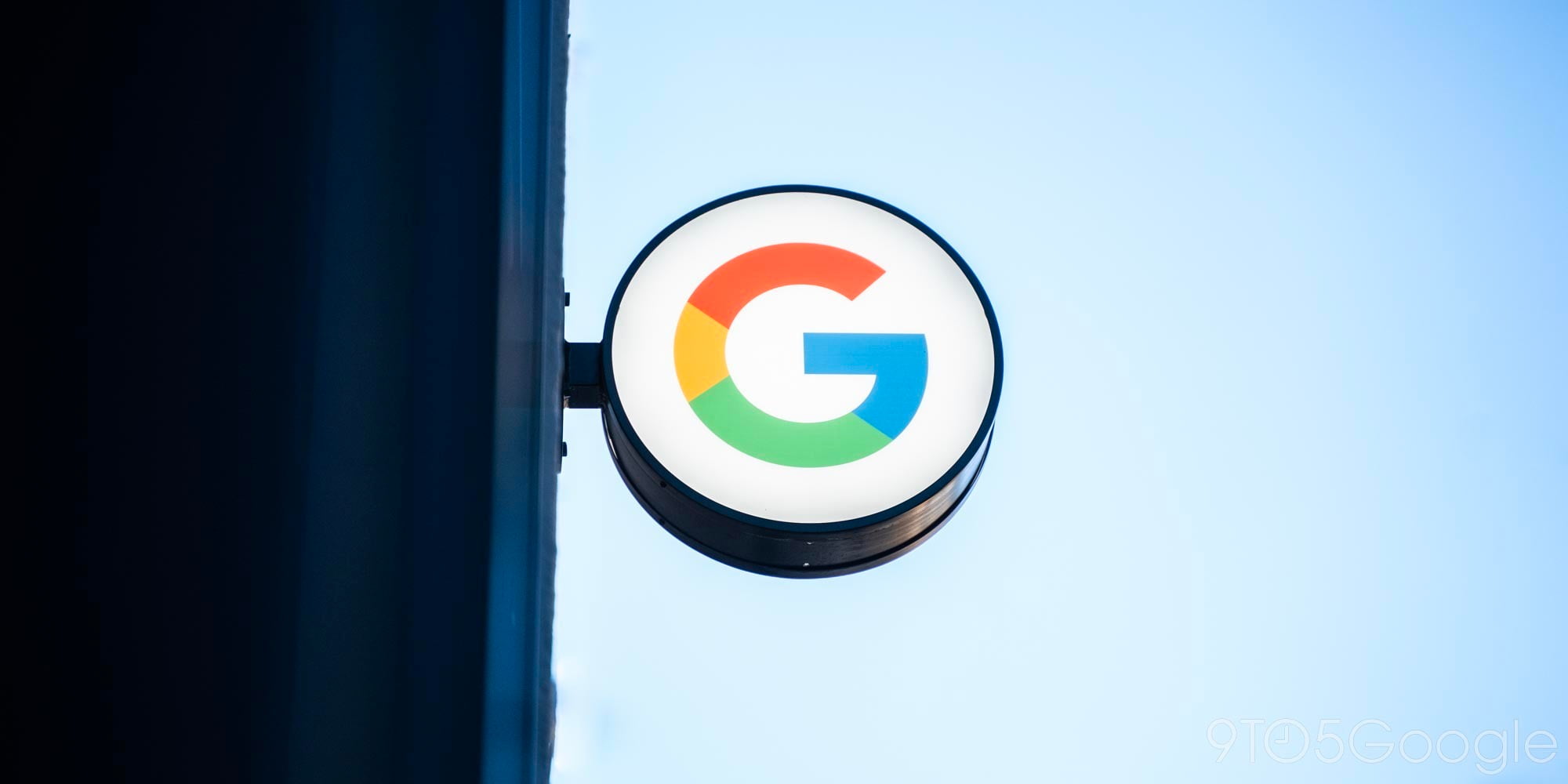

Google’s head of Google[x] Astro Teller took the stage today at South by Southwest in Austin, Texas, to talk about the Mountain View company’s secretive experimental lab and the things that the team has learned over years of showing its ambitious projects to the world (via The Verge). Teller spent a lot of time talking about Google Glass—which is definitely one the better known projects to come out of Google[x]—and how this fame was actually part of where Google failed…
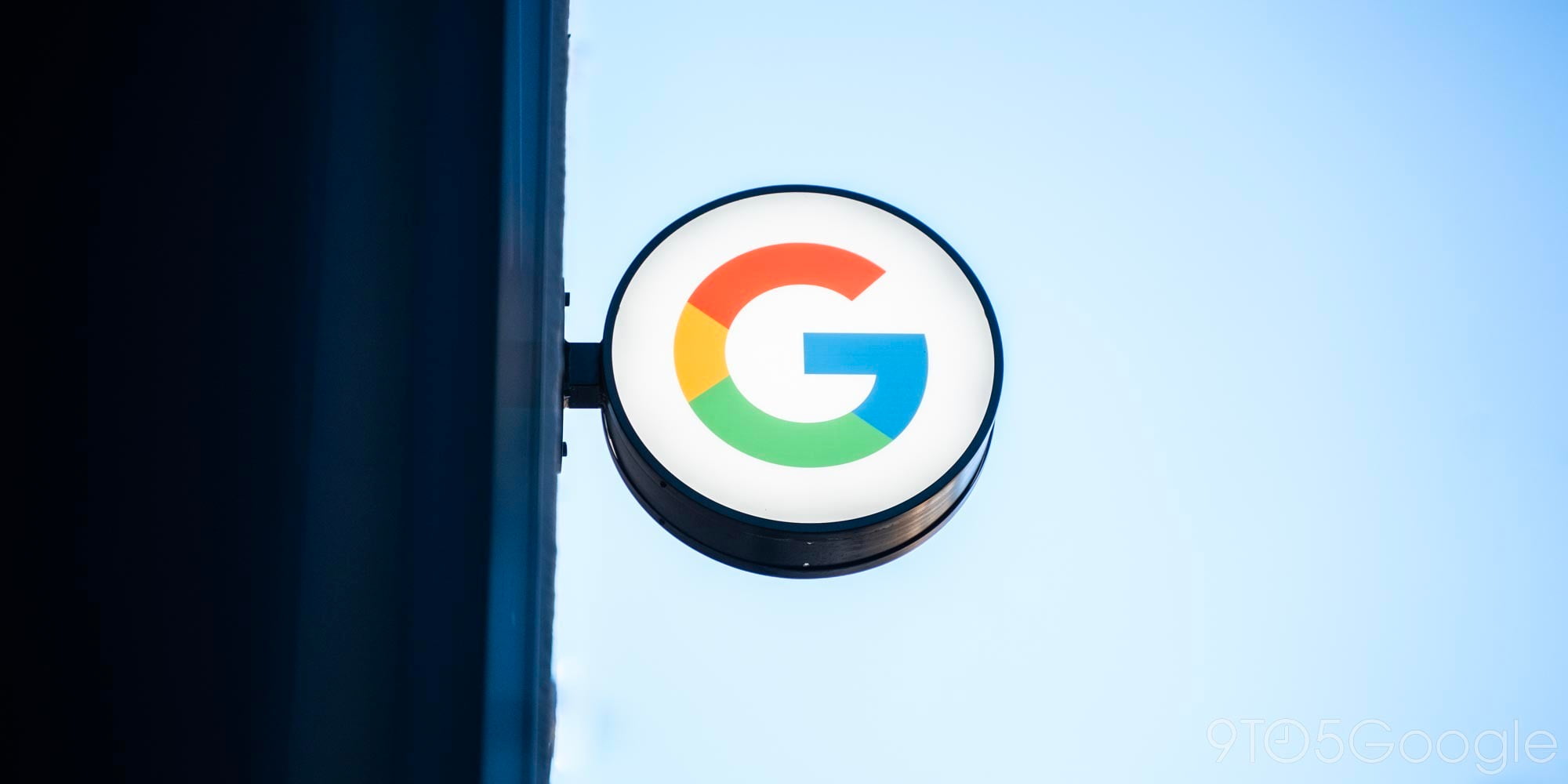
A lot of movement has been happening on the Glass team this month in Mountain View. In January, the project graduated out of the company’s Google[x] experimental projects lab and into the hands of ex-iPod-head Tony Fadell—although still being lead more directly by Google’s Head of Glass Ivy Ross. But with this change, it appears as if Google is doing—as is fairly common at the company—a bit of shuffling in the engineers who are working on the project…
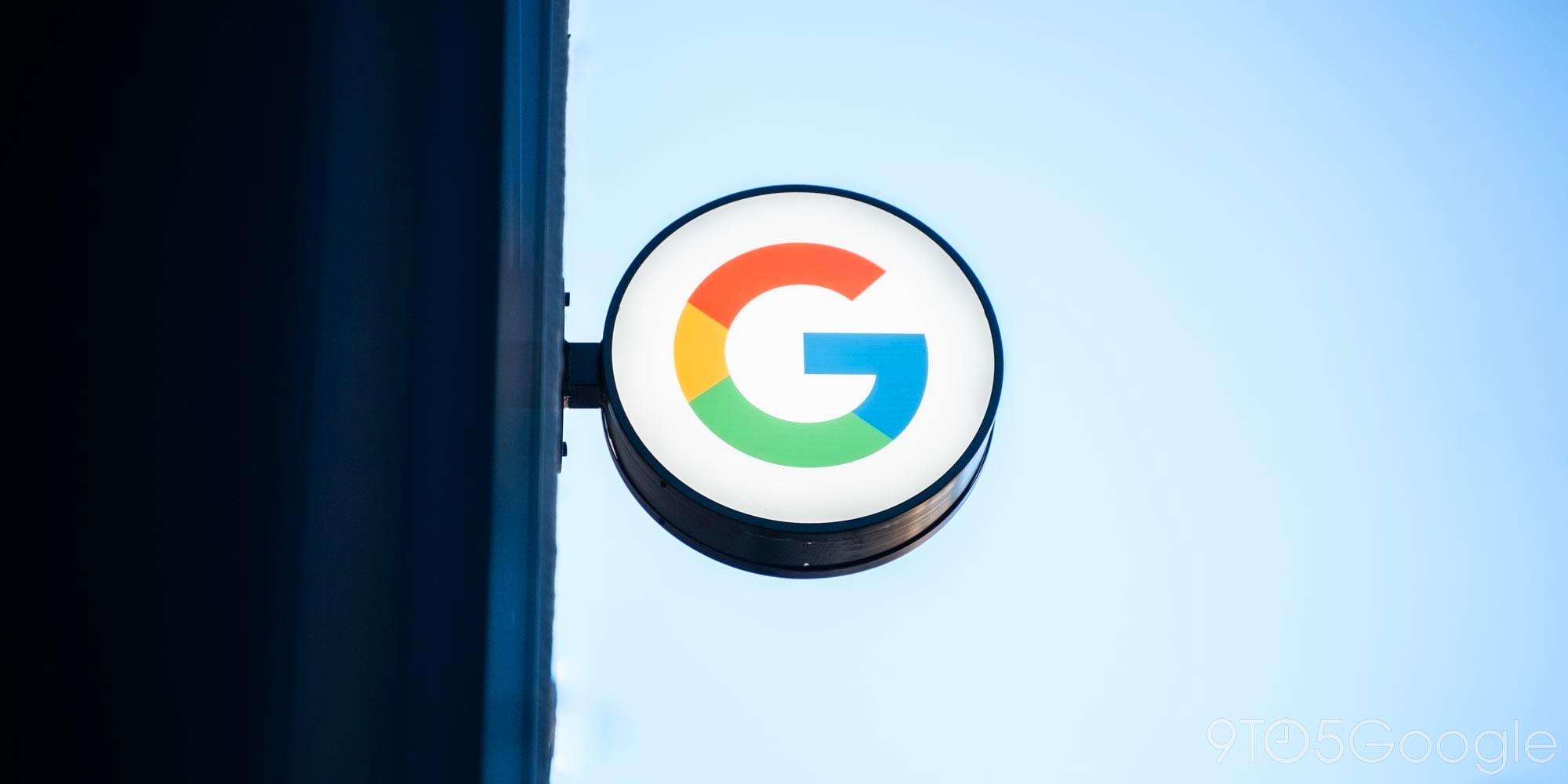

Google Glass has been getting slammed by the media since it was announced that the Explorer Program was being shuttered, with countless outlets claiming that the project is simply dead in the water. I’ve already told you on a couple different occasions why this isn’t the case, but now we have more confirmation that Glass isn’t dead yet (beyond Google simply telling us that they’re “excited” to be working on something). Google has given—and continues to give—a select group of its coveted Glass at Work partners very early versions of the next iteration of the device to test and develop for, according to several sources…
Expand
Expanding
Close
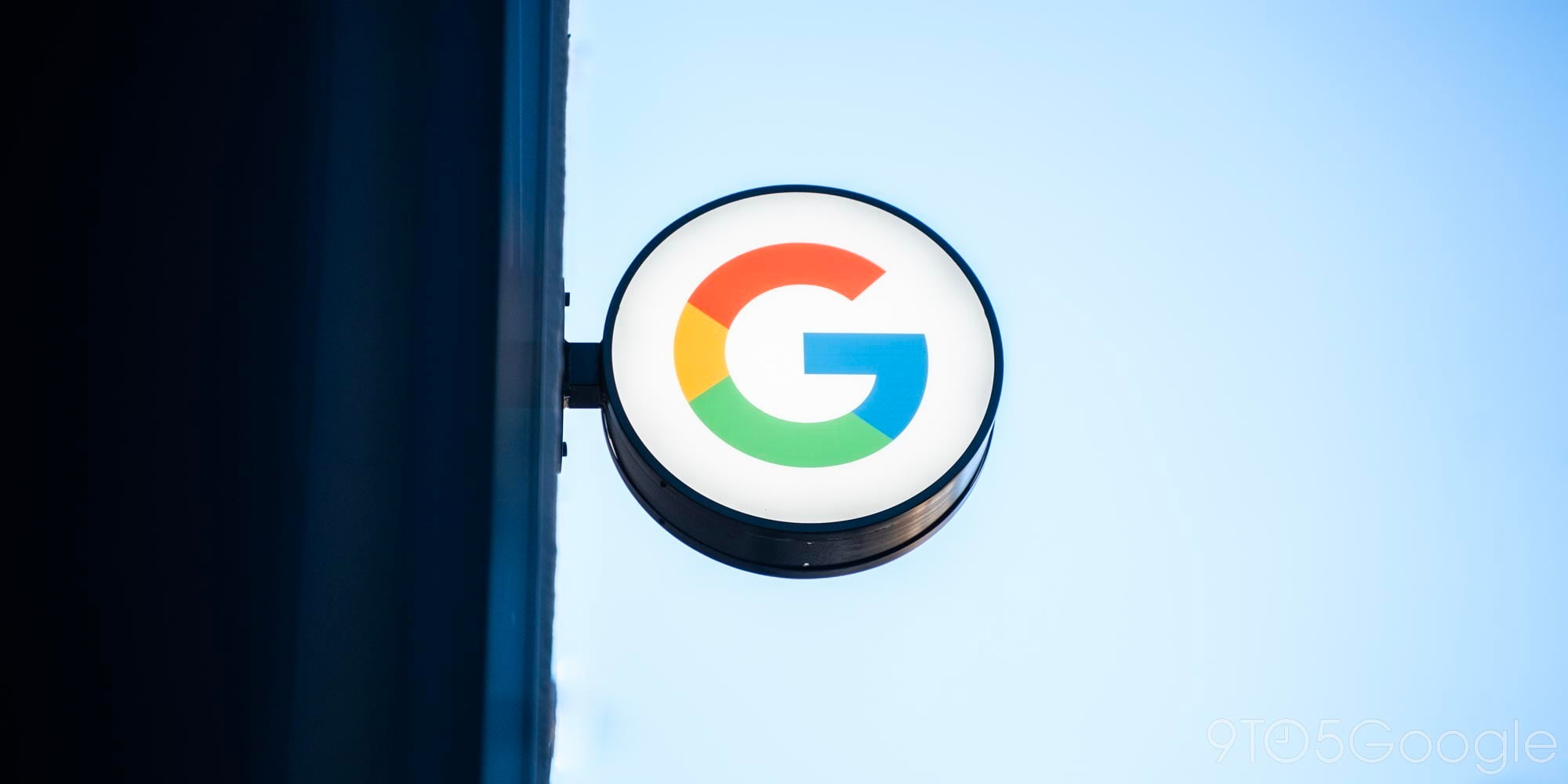

As Apple prepares to bring its new smartwatch to the market, an extensive profile of Jony Ive from The New Yorker (you can find more over at 9to5Mac) has revealed how the Cupertino company sees Google Glass. But it wasn’t Ive, Apple’s design head, that made the comments. Rather, Apple CEO Tim Cook was very straightforward in saying that Google’s head-mounted display was putting a wearable in “the wrong place,” and that “glasses were not a smart move.”
Expand
Expanding
Close
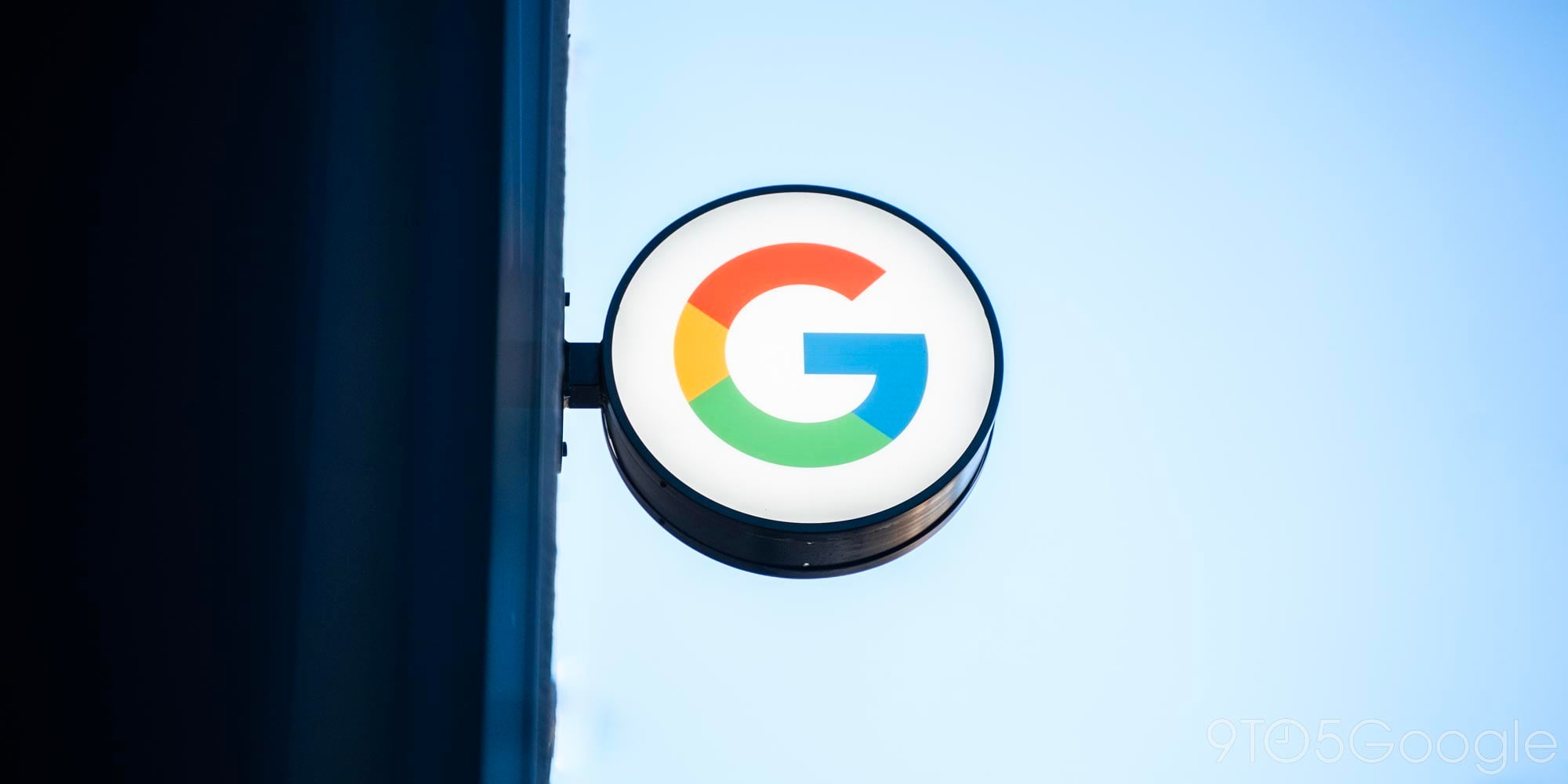

Update: Added official app description and Glassware directory link.
CamFind’s technology is exciting because it’s a big step toward truly accurate and reliable visual search, and while their Android app has been on the Play Store (and the App Store) for quite some time now, it’s been a long time coming for the app’s launch on Google Glass.
First shown off to the world in September of last year, CamFind—and its ability to recognize most objects in your daily life and give you more information about them hands-free—is finally making its way to the Glassware Directory today.


Mattel and Google have sent out press invites for an event they’re holding together on February 13th in New York City. The invitation, sporting the tagline “view what’s possible,” includes reference to what looks to be a reel from the old View-Master toy from the mid-1900s.
Expand
Expanding
Close
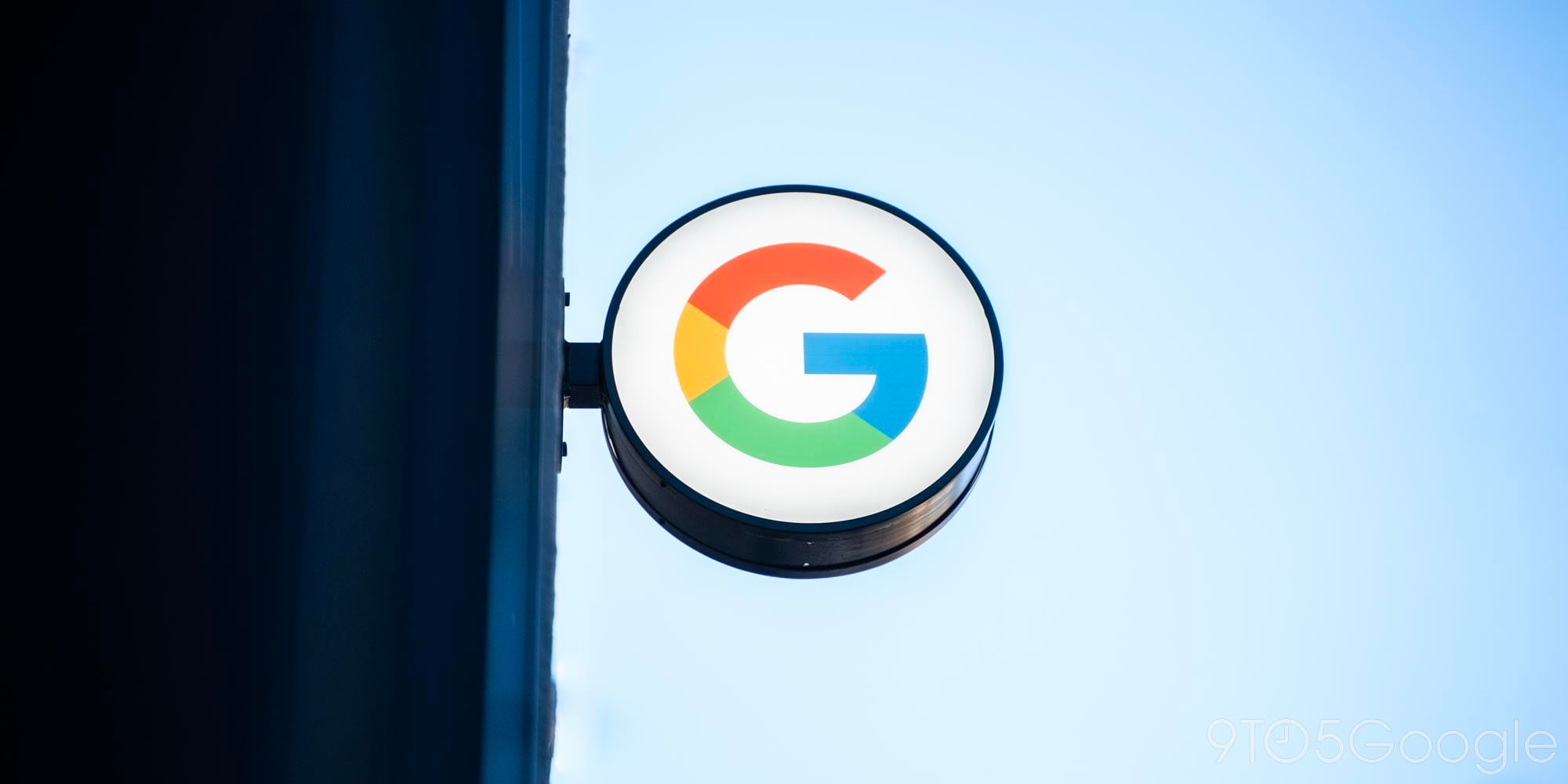

It may be the perfect example of “a day late and a dollar short,” but a new app called Fessenger is now available for Google Glass, allowing users to send and receive messages through Facebook’s chat protocol (via Glass Almanac). The app’s release comes after Google graduated the Glass project out of Google [x] and into its own division under Tony Fadell…
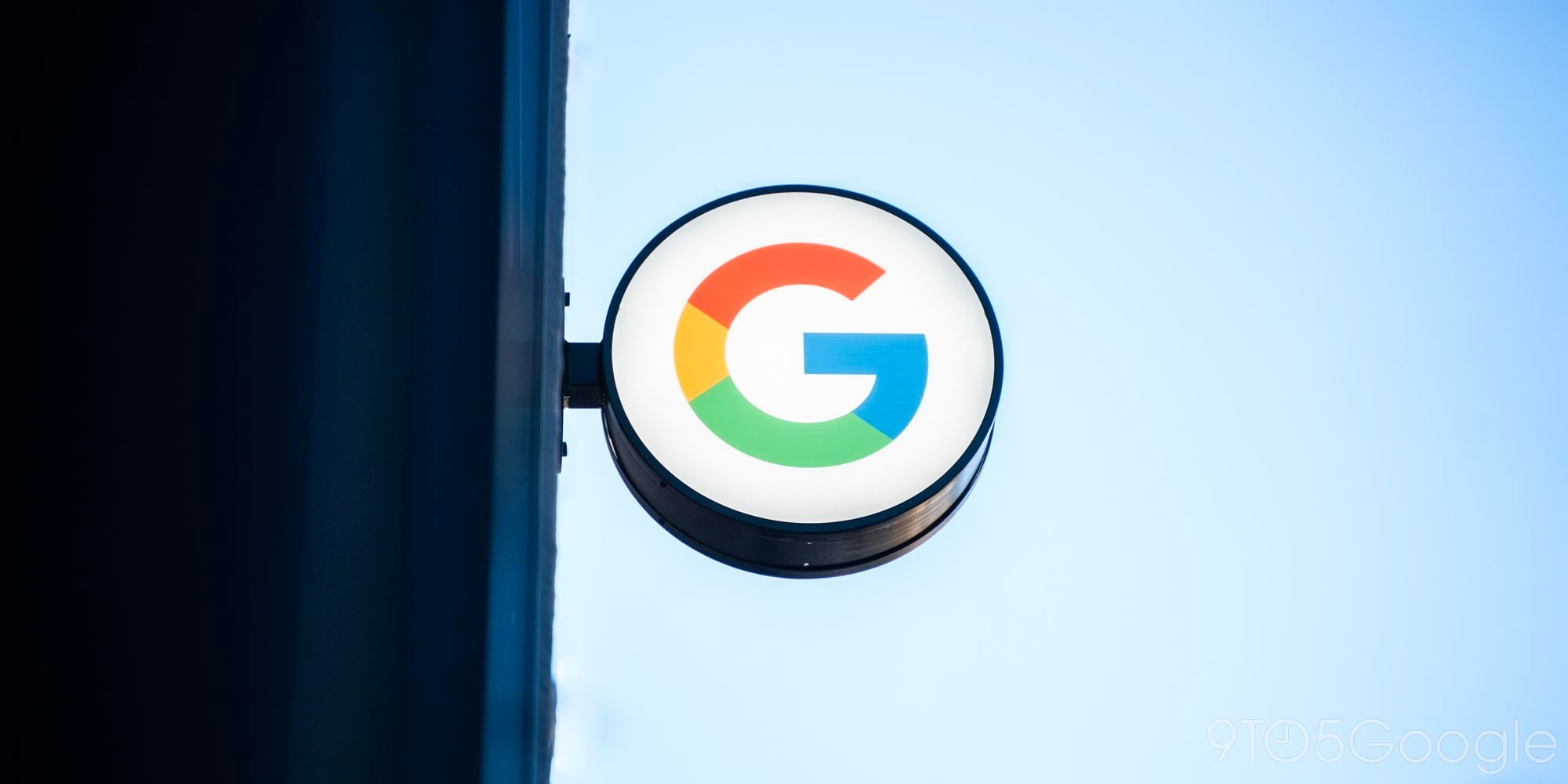

Dr. Tad Vail of UCSF at the kickoff of CrowdOptic’s medical solution
This is part two of my series on the state of Google Glass. Be sure to read the first part of this series where I explain the truth of Google’s official stance on where the device is headed.
Google Glass has an uncertain future, but there are many things we can learn from the past two years. While the general public is holding it to the standard of being a consumer product (and has watched it flop), the Explorer Edition Glass saw amazing accomplishments and successes elsewhere: in the workplace. Many startups—dubbed by Google as the “Glass at Work” partners—have seen the device become a major contributor to their business, and one company in particular, CrowdOptic, has seen extraordinary success working with seven Fortune 500 companies that represent more than $1 trillion in market capitalization.
Although the Glass team definitely missed some hurdles as mentioned in Thursday’s Q4 earnings call, the experimental device definitely has legs (and it’s not just because Google says so)…


The Google Q4 2014 earnings call is happening right now, and Google CFO Patrick Pichette took a second to speak about projects that miss their goals and how Google asks them to “take a pause” to reset their strategy. Google Glass, and the recent decision to graduate the project out of Google [x] was used as an example of one of these situations…
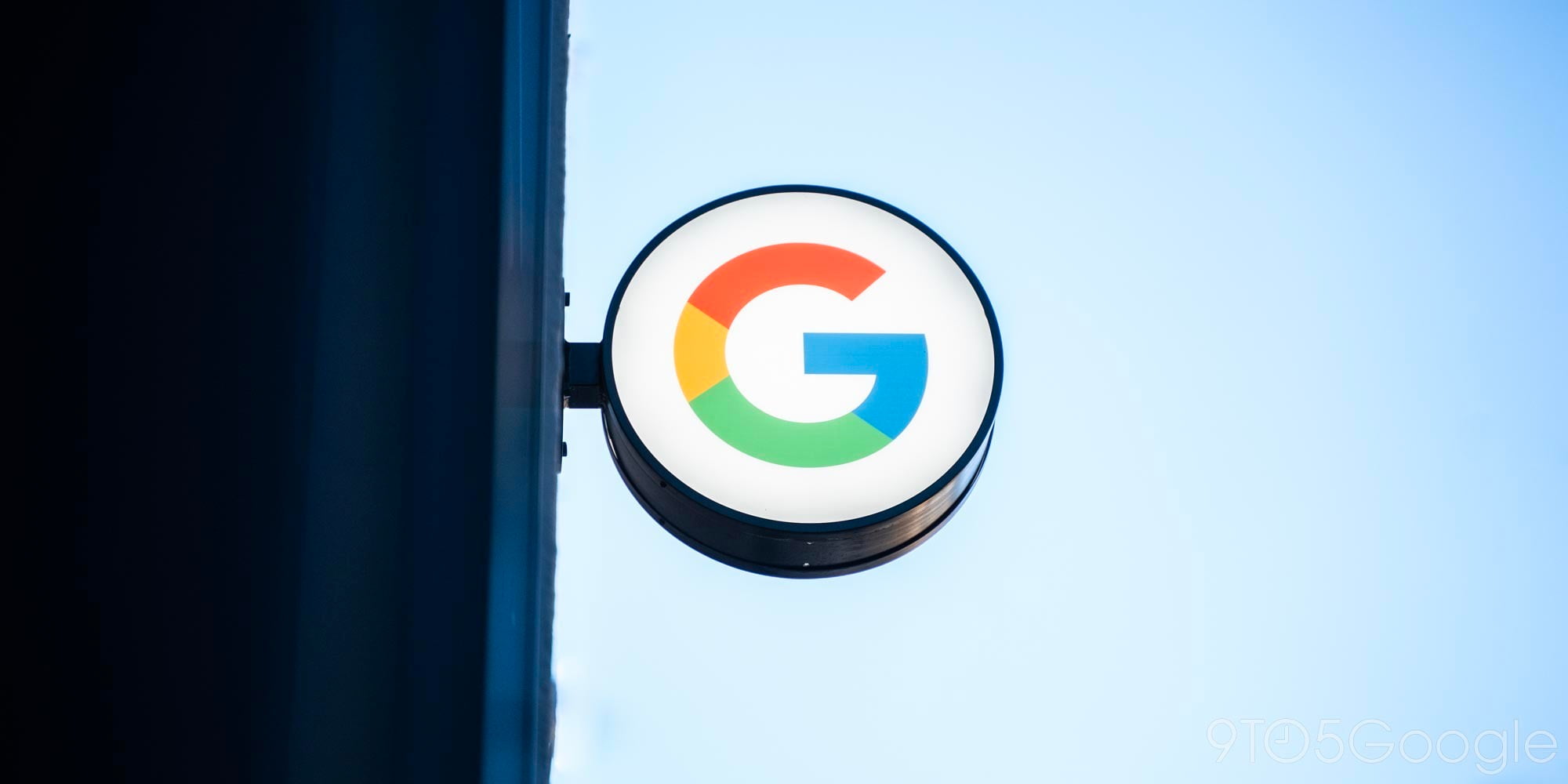

Be sure to also read part 2: Don’t believe the unbelievers (Part 2); Google Glass has succeeded through Glass at Work
After seeing the countless doomsday articles over the last couple of weeks, I can’t help but wonder whether or not Google regrets the way they announced the retirement of the Glass Explorer Program and graduation of Glass out of Google[x]. The headline of the announcement, reading “We’re graduating from Google[x] labs” was nothing like the headlines of those that reported the news. Instead of reporting that the device was “graduating” out of Google’s experimental product lab and into its own division (under Tony Fadell’s leadership no less), headlines reported of Glass being a “failed innovation,” as being “killed off,” and blatantly called the project “dead”.
Google didn’t say any of these things. Sure, there is absolutely room to criticize various aspects of the Explorer Program, but Google is moving on from that. That’s what this announcement was about. Google has decided to put all of its resources and focus into the next generation of the Glass project, and meanwhile the world is claiming its demise before what’s next has even been seen. I understand that many objections against Glass are moreso objections against head-worn computing in general, but arguments claiming the overall death of the augmented reality experiment I believe are also premature. And not only is augmented and holographic head-worn computing not dead, but evidence points to it being on the brink of a very real evolution.


Google Glass and products like it have been around for a couple of years now, but today Microsoft has entered the wearable heads up display space. They’re calling it the HoloLens, and they say it will “break down the walls between technology and people.” The wearable see-through display will let you see holograms in the world around you.
Expand
Expanding
Close


The Tech Block on Thursday shared an email exchange between Apple marketing chief Phil Schiller and the website’s founder Abdel Ibrahim that pokes fun at Google Glass for its perception of being an unstylish device. The email from 2012 surfaced just days after Google announced that it will be ending its Glass Explorer program on Monday as it works on a new version under the leadership of Tony Faddell.
After being sent a picture of actor Steve Martin wearing obnoxious looking glasses in the film “The Jerk,” mocking Google co-founder Sergey Brin wearing Glass, Schiller responds to Ibrahim saying “that is very funny” and that he “can’t believe they think anyone (normal) will ever wear these things. It reminds me of the push to market video goggles a few years back.”
Expand
Expanding
Close
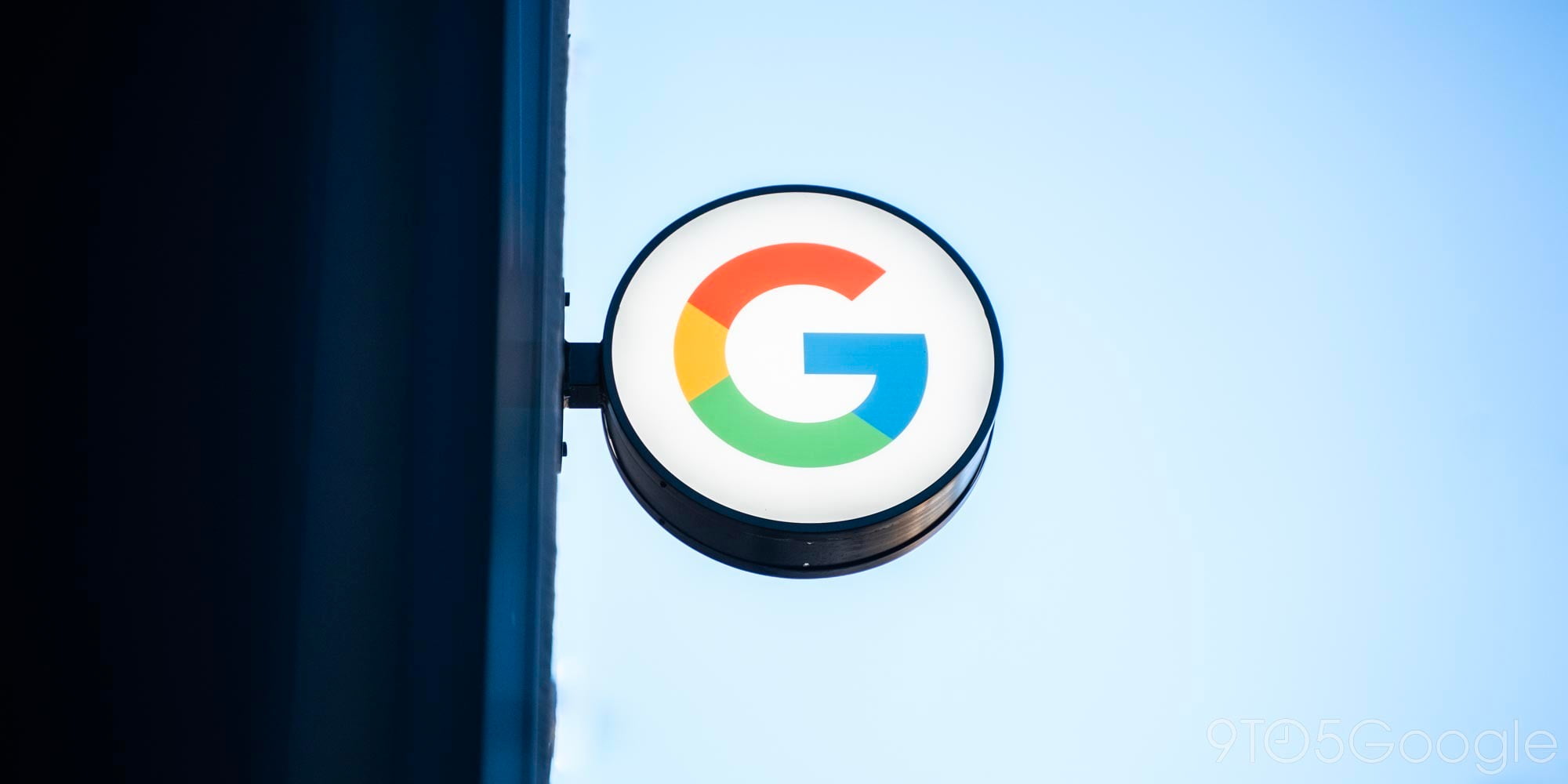

A little more than a year ago, Hyundai told the world that it was working on a Google Glass counterpart for its Blue Link platform. The app was supposed to launch with the 2015 Hyundai Genesis, but the car’s first availability came and went without any mention of Google’s head-worn computer. And while Hyundai did recently announce that it plans to release an app compatible with Android Wear devices very soon, it’s now official that the company’s Google Glass app won’t likely be getting the same treatment.


Update: Google has made an official blog post detailing the changes to the Glass project. More information below.
It looks like Google may finally be preparing Glass for primetime as a number of changes around the company’s heads-up display product were revealed today. Most notably, the Glass project will be moving from the experimental Google X group to its own unit under the leadership of Tony Fadell, according to The Wall Street Journal.
Next of note, Google will end the current run of its Glass Explorers program on January 19th, removing the current version of Glass from sale to individuals; however, the WSJ includes that businesses and developers interested in purchasing Glass can still do so through an application process. The Glass at Work program, which has continued to grow, will live on beyond the Explorer Program’s imminent demise.
Expand
Expanding
Close